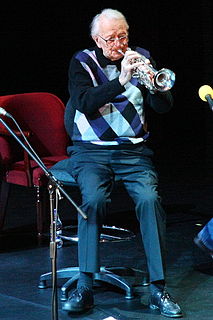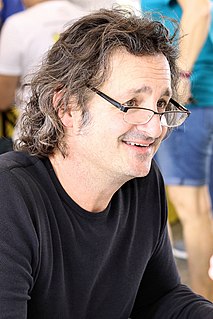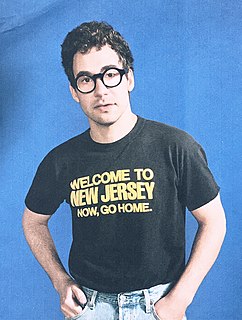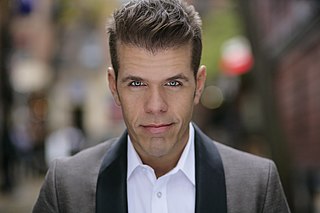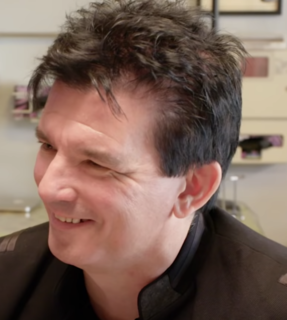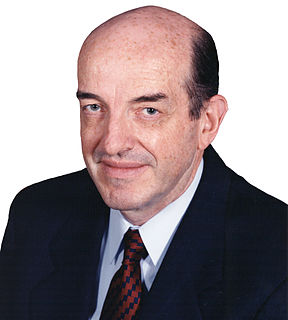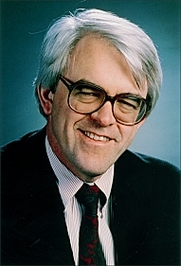A Quote by Humphrey Lyttelton
I started on the fringes of journalism as a cartoonist on The Daily Mail.
Quote Topics
Related Quotes
The print magazine and print journalism industry is obviously in a great deal of trouble, and one of the things that happened when this business started to give way to the Internet and to broadcast television is that a lot of organizations started cutting specifically investigative journalism and they also started cutting fact-checkers.
I reluctantly signed up for a journalism major, thinking I needed a fall-back way to make money should my career as a novelist fail to take off. As I started to try on journalism, including doing internships and working at the campus paper, I found I actually liked it. So I started to want to be a journalist.
3 people get stranded on a remote Island A Banker, a Daily Mail reader & an Asylum seeker All they have to eat is a box of 10 Mars bars The Banker says "Because of my expertise in asset management, I''ll look after our resources" The other 2 agree So the Banker opens the box, gobbles down 9 of the Mars bars and hands the last one to the Daily Mail reader He then says " I'd keep an eye on that Asylum seeker, he's after your Mars Bar
Journalism continues to go south, thanks to big media and its strangulation of news, and there's not much left in the way of community or local media. Add to that an internet that has not even started thinking seriously about how it supports journalism. You have these big companies like Google and Facebook who run the news and sell all the ads next to it, but what do they put back into journalism? It isn't much.
